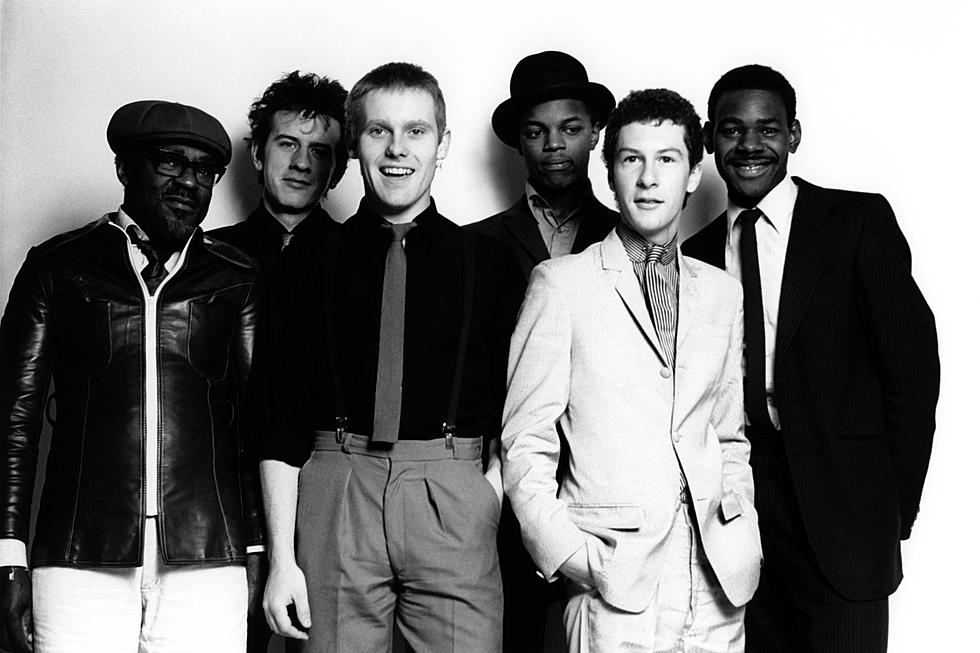
Jacques Rivette, Titan of the French New Wave, Dies at 87
In conversations about the radical school of playfully experimental filmmaking known as the French New Wave, certain names tend to come up again and again. Jean-Luc Godard, the man behind the 1960 classic Breathless, established that nothing would ever be cooler than bored French people wearing sunglasses and smoking cigarettes. Francois Truffaut’s The 400 Blows and Jules et Jim effectively define the French New Wave for many cinephiles, his rollickingly kinetic style having ravished film-school dropouts for decades.
At overseas arthouses, Frenchman Jacques Rivette did not quite enjoy the same stature as some of his contemporaries, in part because his films had a tendency to stretch on and on, often past the three-hour mark. (His magnum opus, the 760-minute Out 1, screened at select cities for audiences of extremely devoted moviegoers last year.) But at the same time, his films don’t quite invite you in the same way as the New Wave staples mentioned above. Breathless hits you like a gust of air; Rivette’s films are a slight draft in your bedroom that you spend four hours trying to determine the origins of. His works are beguiling, tricky, difficult, but ultimately dazzling. Rivette made his audience work for it, in other words, but once they had earned it, the filmmaker lavished them with rewards.
After a long struggle with Alzheimer’s disease, Jacques Rivette died this morning at his Paris home. He was 87 years old.
Born in 1928 to a pharmacist in France, Rivette cultivated a passion for film even from his youngest days. As a teenager, he established a film society in his town before moving on up to a formal cinematic education at the Sorbonne. It was in college that his cinephilia would fully take root, eventually leading to a friendship with fellow auteur Eric Rohmer and a position at the seminal film magazine Cahiers du Cinema. There, he would fall in with Truffaut, Godard, and the rest of French New Wave gang, who maintained a deep respect for Rivette even as their work tended to popularly eclipse his. (Truffaut once paid him the ultimate compliment, calling him “the most fanatic of all our band of fanatics.”)
Rivette made his films like a prestidigiator, occasionally literally; his very-nearly-perfect Celine and Julie Go Boating sees two young ladies, a librarian and a stage magician, wander into a mysterious house and eat enchanted hard candies. They then witness a strange melodrama around the house before the film flips itself inside-out around the halfway mark, but at any given moment, Rivette was holding all the cards. The viewers are left to sort through what’s real, what’s not, and whether any of that matters, but they remained secure at all times that Rivette knew precisely what he was doing. He was a frequently mystifying filmmaker, but for those willing and able to take the strange journeys on which he’d invite his audience, nobody would ever be better.
More From Classic Rock Q107










